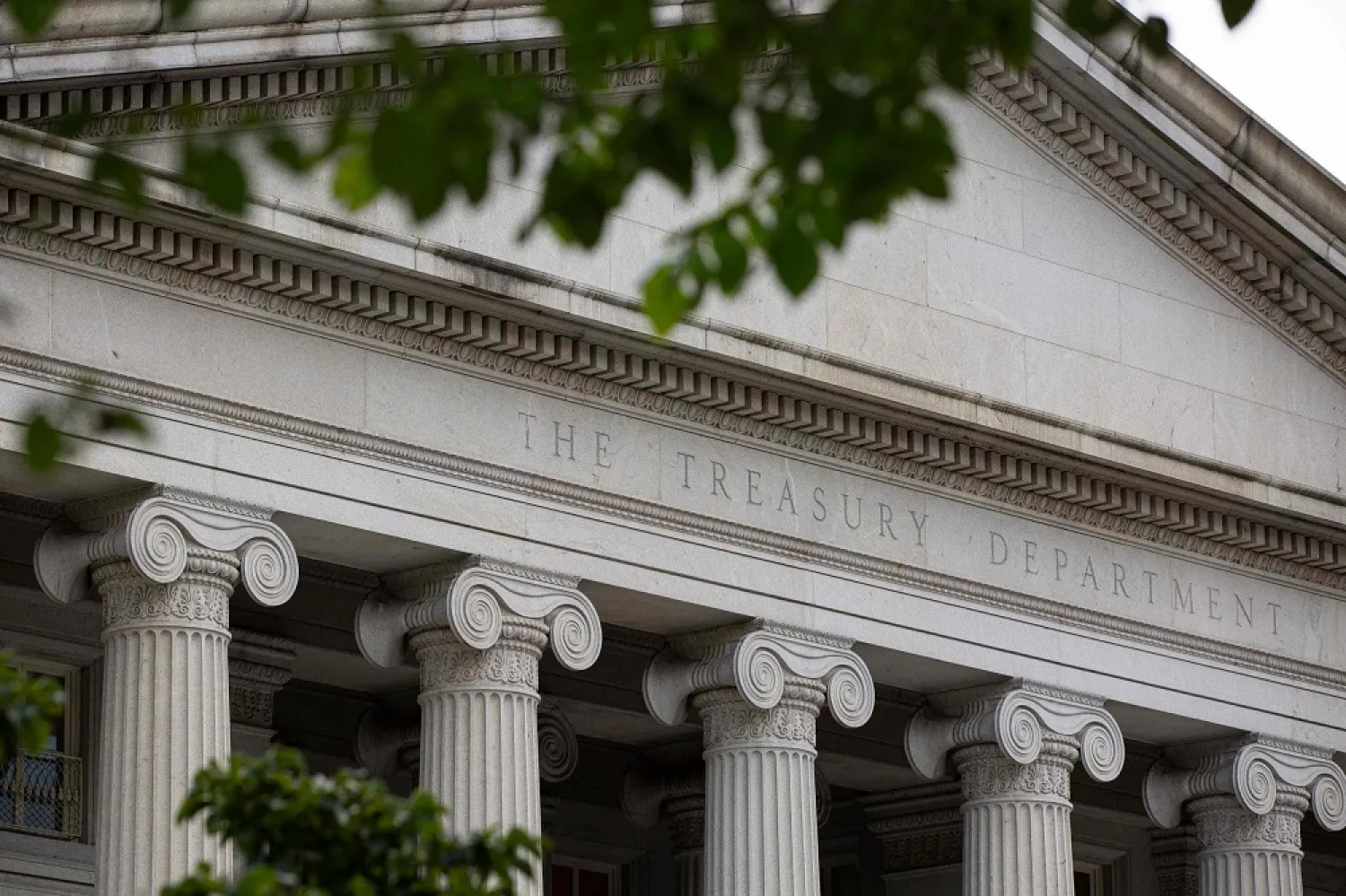The United States on Wednesday blacklisted two Iranian foundations controlled by Supreme Leader Ali Khamenei, and their subsidies, saying the institutions enabled Iran’s elite to sustain a “corrupt” system of ownership over large parts of the economy.
The designations announced by the US Treasury Department target Execution of Imam Khomeini’s Order (EIKO) and Astan Quds Razavi (AQR), their leaders and subsidies. They are the latest action to reinforce the “maximum pressure” campaign on Iran pursued by President Donald Trump’s administration.
Republican Trump is due to hand over power to Democratic President-elect Joe Biden after losing the Nov. 3 election.
“EIKO has systematically violated the rights of dissidents by confiscating land and property from opponents of the regime, including political opponents, religious minorities, and exiled Iranians,” the Treasury said in a statement.
The sanctions freeze any US assets of those targeted and generally bar Americans from doing business with them. Anyone who engages in certain transactions with these individuals and entities runs the risk of being hit with US sanctions.
US-Iranian tensions have risen since Trump two years ago abandoned the 2015 Iran nuclear deal struck by his predecessor, Barack Obama, and restored harsh economic sanctions designed to force Tehran into a wider negotiation on curbing its nuclear program, development of ballistic missiles and support for regional proxy forces.
Biden, set to take office on Jan. 20, has said he will return the United States to the nuclear deal, if Iran resumes compliance.









